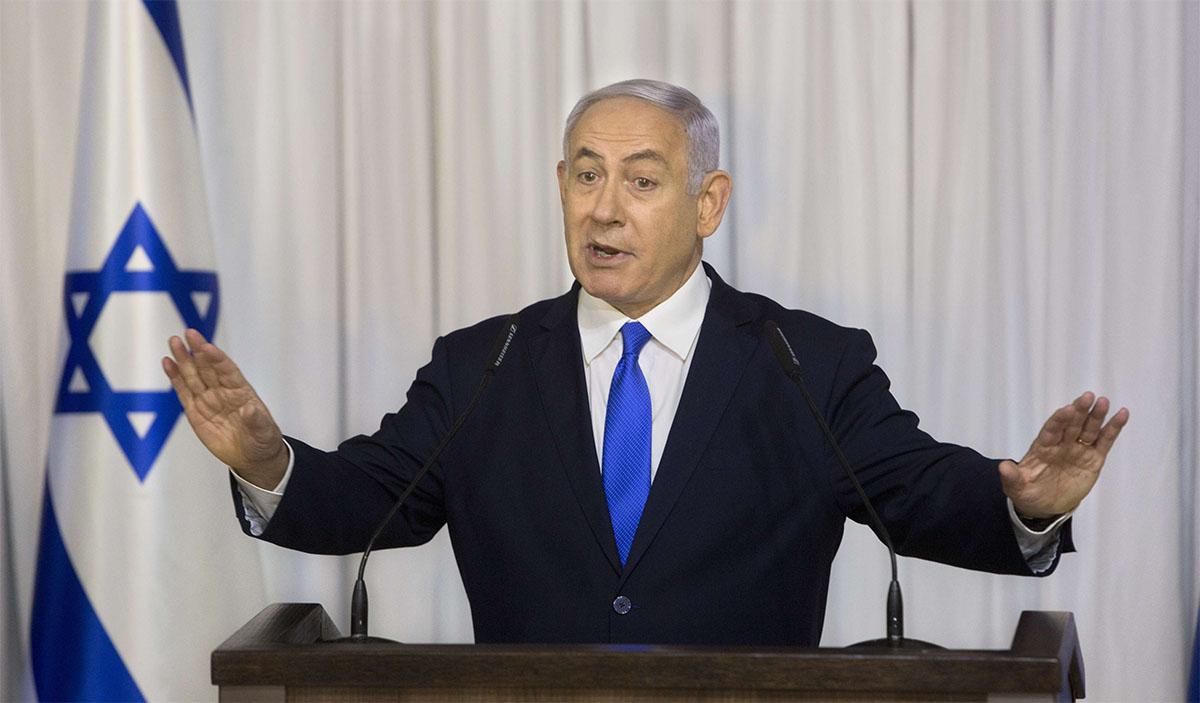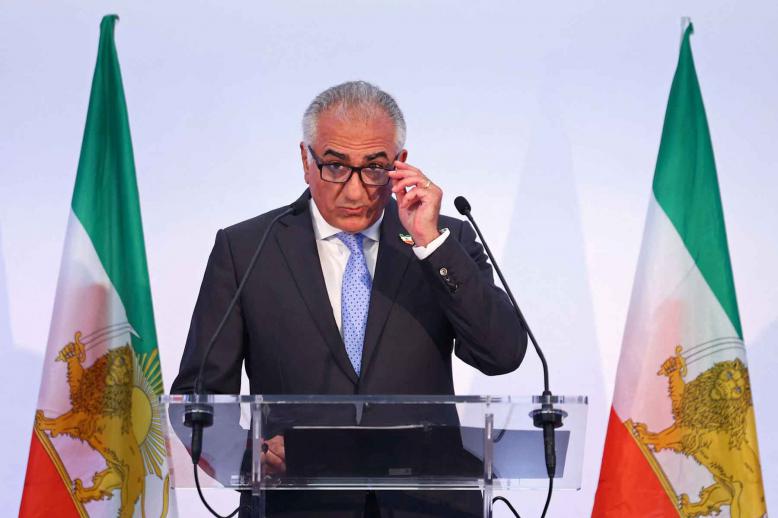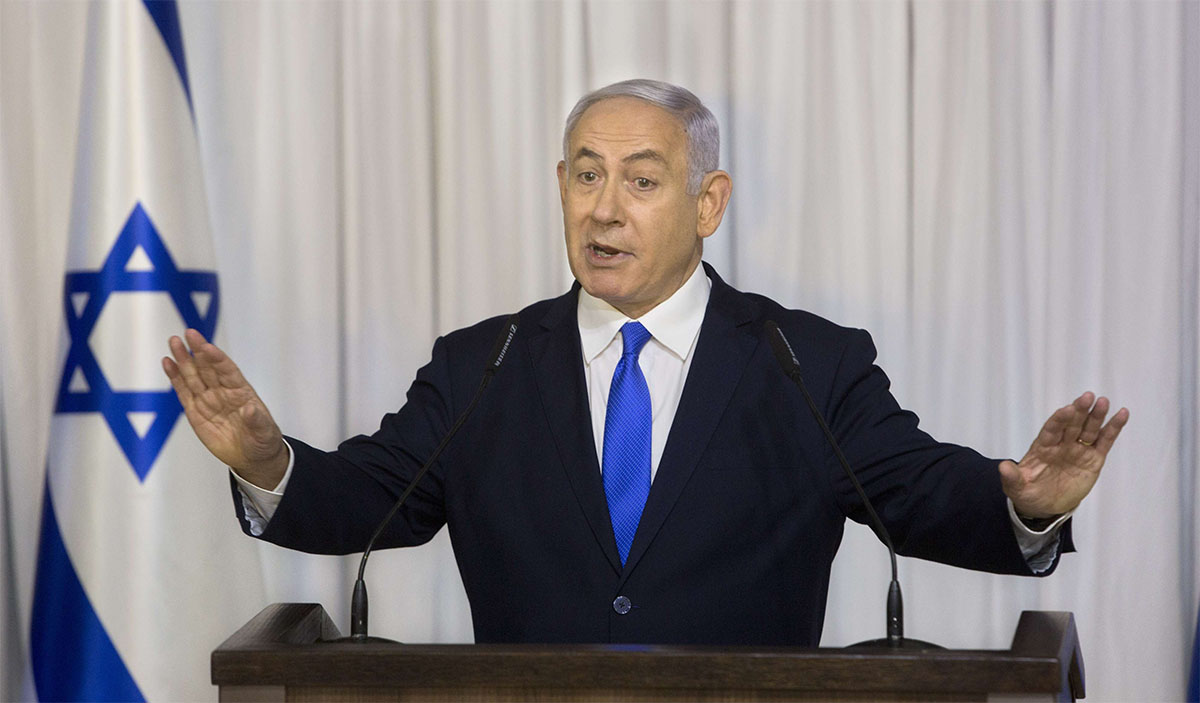After Netanyahu's re-election, experts raise questions about peace process
WASHINGTON — After Israeli Prime Minister Binyamin Netanyahu clinched another term in office but before the United States has announced its Middle East peace plan, experts in Washington said they fear repercussions from the Trump administration’s tacit undermining of the two-state solution for the Israeli-Palestinian issue.
“Is that good for the region?” asked Thomas Mattair, executive director of the Middle East Policy Council, during a panel discussion April 12 in Washington. “Does that foster terrorism? Does that help Iran win in the long run?”
Now that Netanyahu has been re-elected “with the blessing of [US President] Donald Trump,” Geoffrey Kemp, senior director of regional security programmes at the Centre for the National Interest, said he wondered if there was any hope of a new American peace process.
Before the election, Trump moved the US Embassy in Tel Aviv to Jerusalem, recognised Israel’s sovereignty over the Golan Heights, refused to talk about a two-state solution, supported Netanyahu’s proposal to annex all or part of the West Bank and met with Netanyahu days before the vote.
“Trump gave these gifts to Netanyahu and didn’t ask for anything in return,” Kemp said. “That’s what a lot of us don’t understand. I personally can’t wait to hear the Jared Kushner peace plan, coming as it does after all these things that have happened in the region.”
Kemp referred to the Trump administration’s proposed “Deal of the Century” peace plan, orchestrated by his son-in-law and adviser Kushner.
Kemp, who served as the senior director for Near East and South Asian affairs in the Reagan White House, Mattair and Daniel Benaim, former Middle East adviser during the Barack Obama administration, said they worried that removing the opportunity for a two-state solution would feed Iran’s ability to gain allies and extremist converts by playing off Israel and the West’s treatment of the Palestinians.
Mattair asked Joan Polaschik, acting principal deputy assistant secretary of the US State Department’s Bureau of Near Eastern Affairs, to comment on whether the United States supports a two-state solution, a question US Secretary of State Mike Pompeo has neglected to answer in recent weeks even when directly asked by members of Congress.
“The president will stand by whatever solution that the parties come up with,” Polaschik answered. “He will not stand by one solution or another.”
The peace plan, which the Palestinians have already said they won’t agree to, will likely be announced after Ramadan, which likely ends June 4, Kemp said, but it will not “light up the fires of enthusiasm” among the Palestinians when “there’s no price the Israelis need to pay in terms of a trade-off.” That, he said, would cause security in the area to diminish.
“The peace plan will be rolled out when the timing is right and when the prospects are best for the success of the plan,” Polaschik said. She said the United States had, for decades, supported a two-state solution but that it wasn’t working.
“Perhaps doing that differently will shake things up and create conditions for peace,” she said.
Benaim said he wondered why, after decades of defending itself “perfectly well” without annexing the West Bank, Israel and the United States see annexation as a priority.
Trump deserves credit for his handling of the Islamic State, Benaim said, but underinvesting in Iraq and Syria, particularly on the civilian side, won’t help anyone in the region, including Israel.
There’s been an attempt to reorient policy on Iran “but minimal investments in the form of sanctions” along with “significantly downgraded diplomatic tools” won’t cause Iran to change its behaviour, he said, calling the sanctions against Iran a “complete mismatch between means and ends.”
Pompeo said in January during a speech in Cairo that the United States plans to “expel every last Iranian boot” from Syria but Kemp said there’s no plan for how that will happen.
He said sanctions alone wouldn’t do it and he called the attempt the “easiest, laziest policy this town has ever seen,” saying there’s no lobby to stop it. “It’s a freebie but it doesn’t necessarily get you what you want.”
Without diplomacy and humanitarian aid, the sanctions would have no effect, he said. Also, the Trump administration has cut the State Department budget along with humanitarian aid to Iraq and Syria.
“They’ve got to be prepared to make this kind of trade-off but every indication is that they are cutting in every area that everyone thinks they should be building,” he said.
“I would argue that the administration does, indeed, have a strategy and sanctions are part of that,” Polaschik said, saying that people can’t see what’s going on behind the scenes. “Iran is losing money. It’s hugely overextended right now.”
Polaschik said the Trump administration is also focused on burden-sharing.
“You’ve seen our partners step up and meet challenges,” she said. “Why should the United States have to pay for everything in the region?”
Kelly Kennedy is an Arab Weekly correspondent in Washington.
Copyright ©2019 The Arab Weekly







